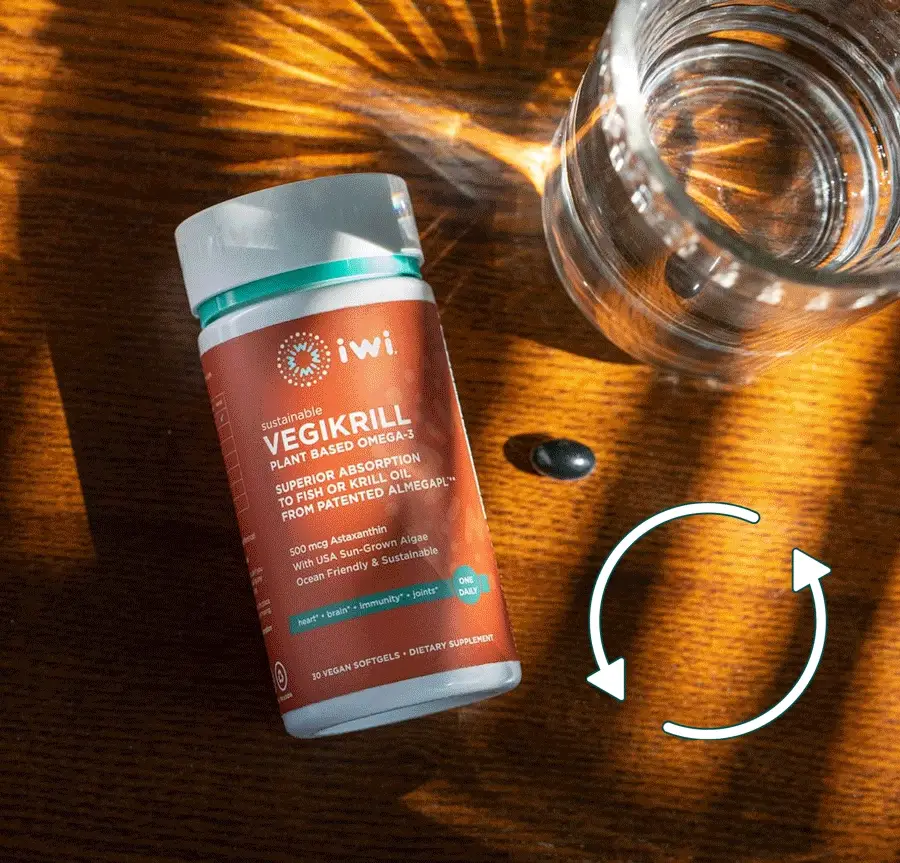Omega-3: 150MG | † DAILY VALUE
Omega-3 Minis: 150MG | † DAILY VALUE
BENEFITS
EPA is a long-chain Omega-3 fatty acid that is essential for normal heart health, joint function, and immune response.







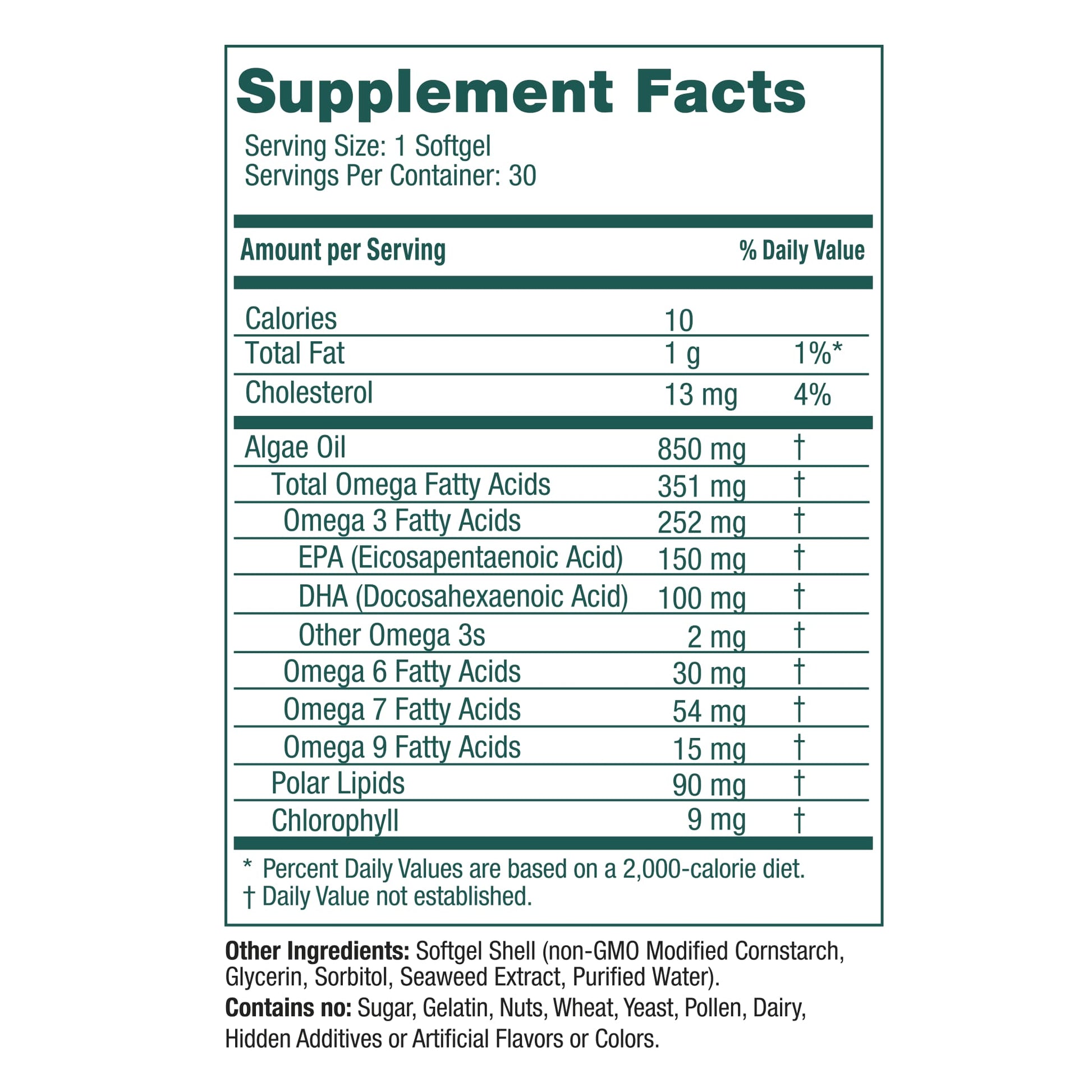
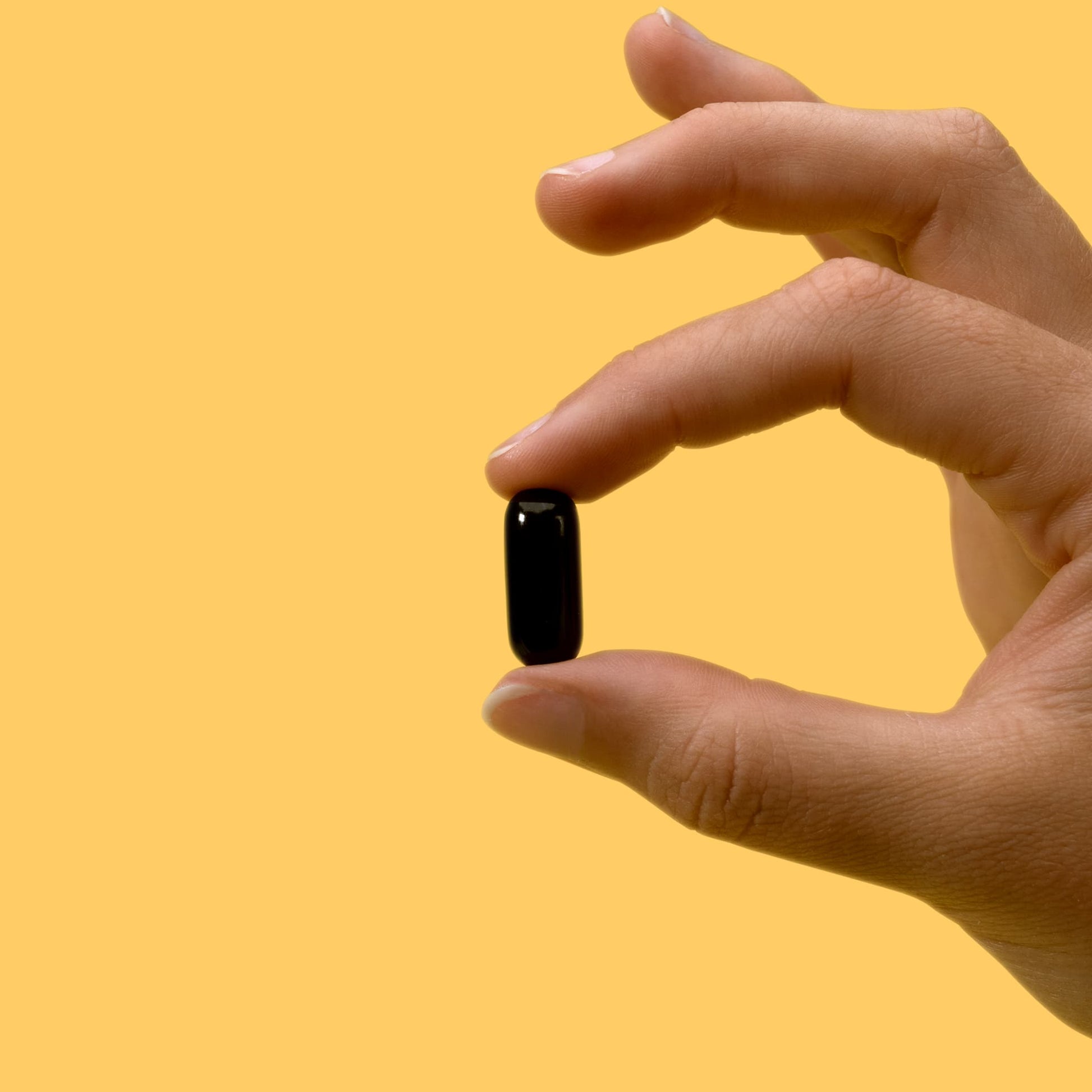


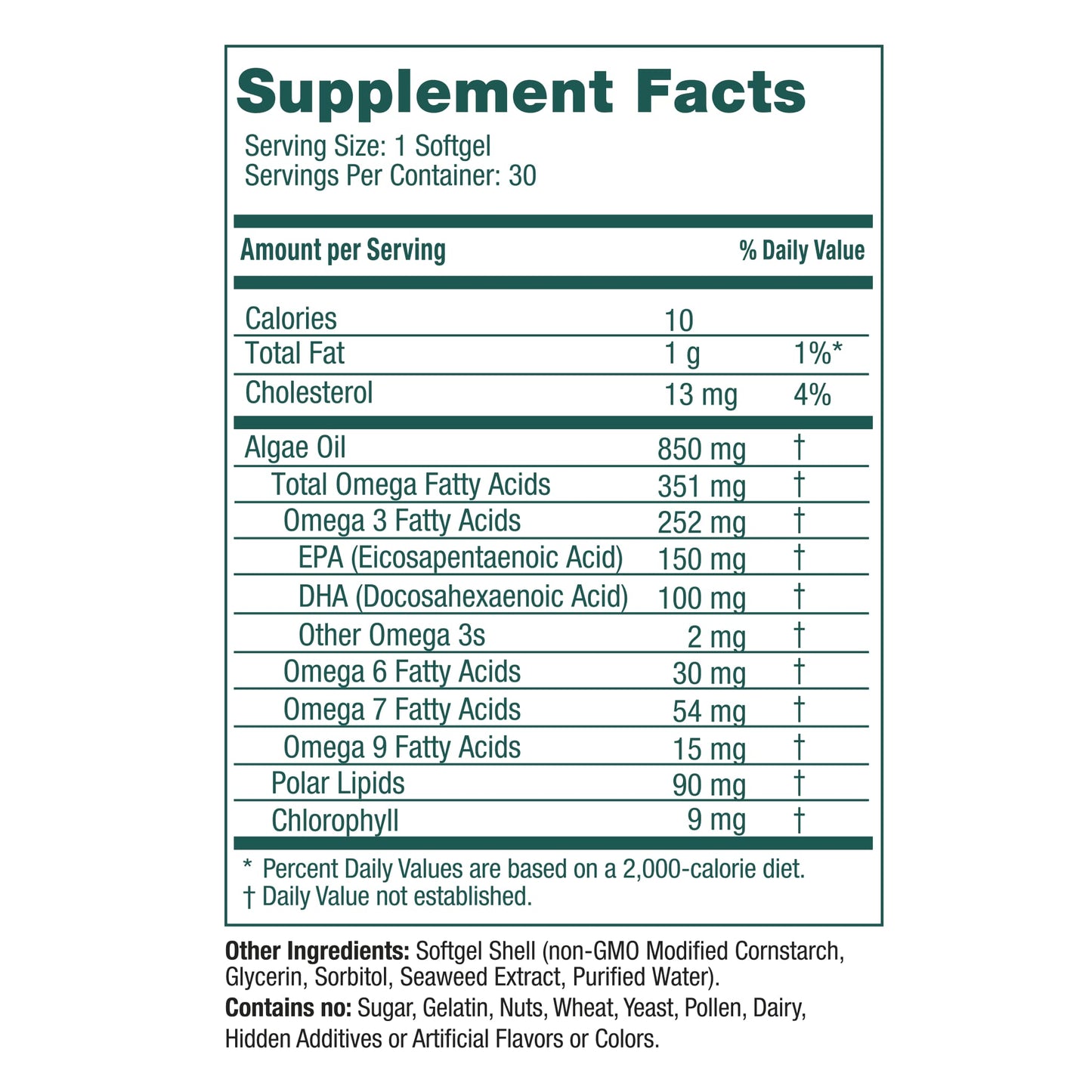
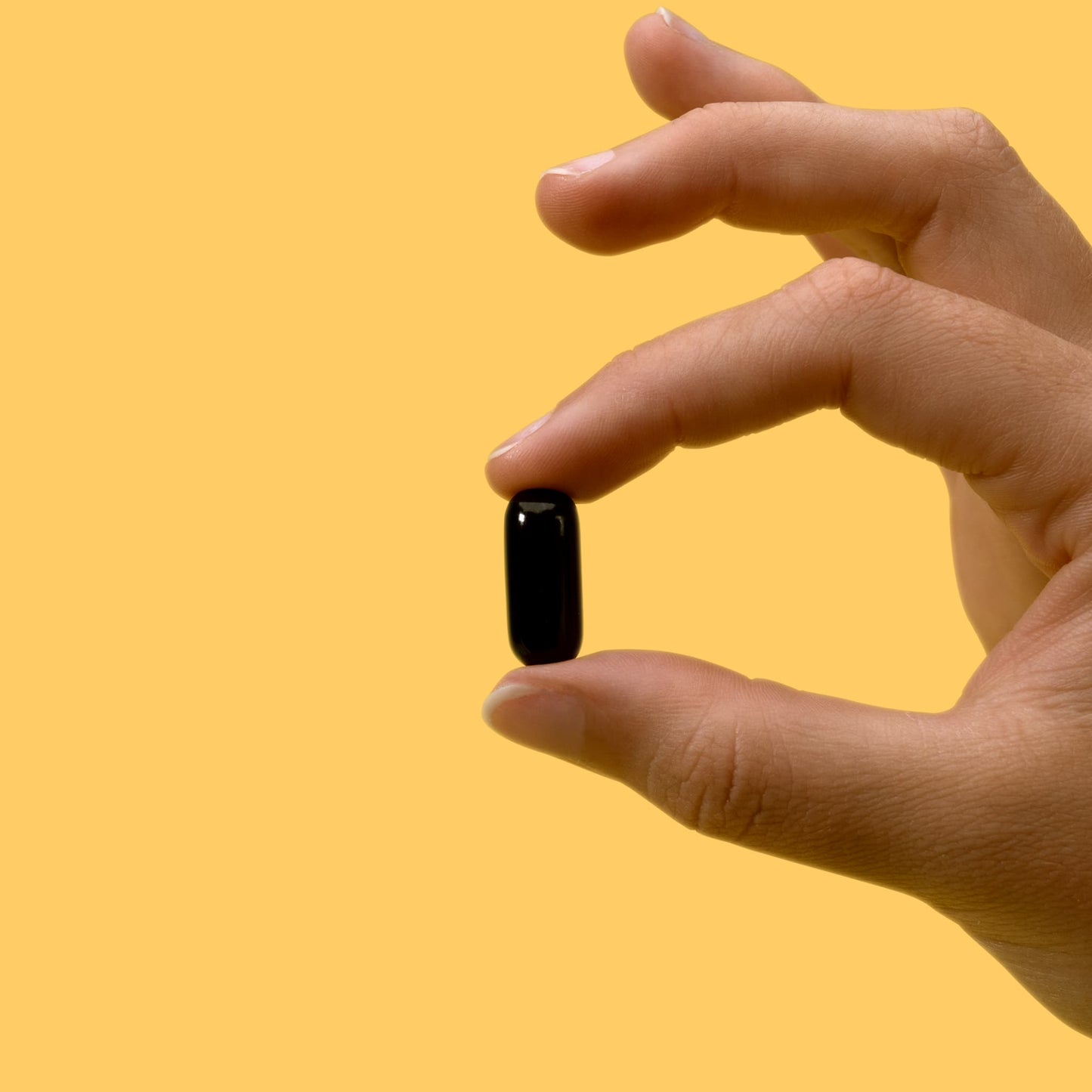










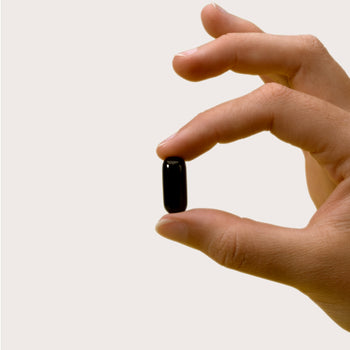
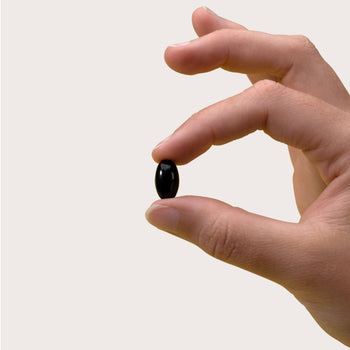
 Vegan
Vegan
 Gluten free
Gluten free
 Non-GMO
Non-GMO
 GMP registered
GMP registered
 Tested for Purity
Tested for Purity
